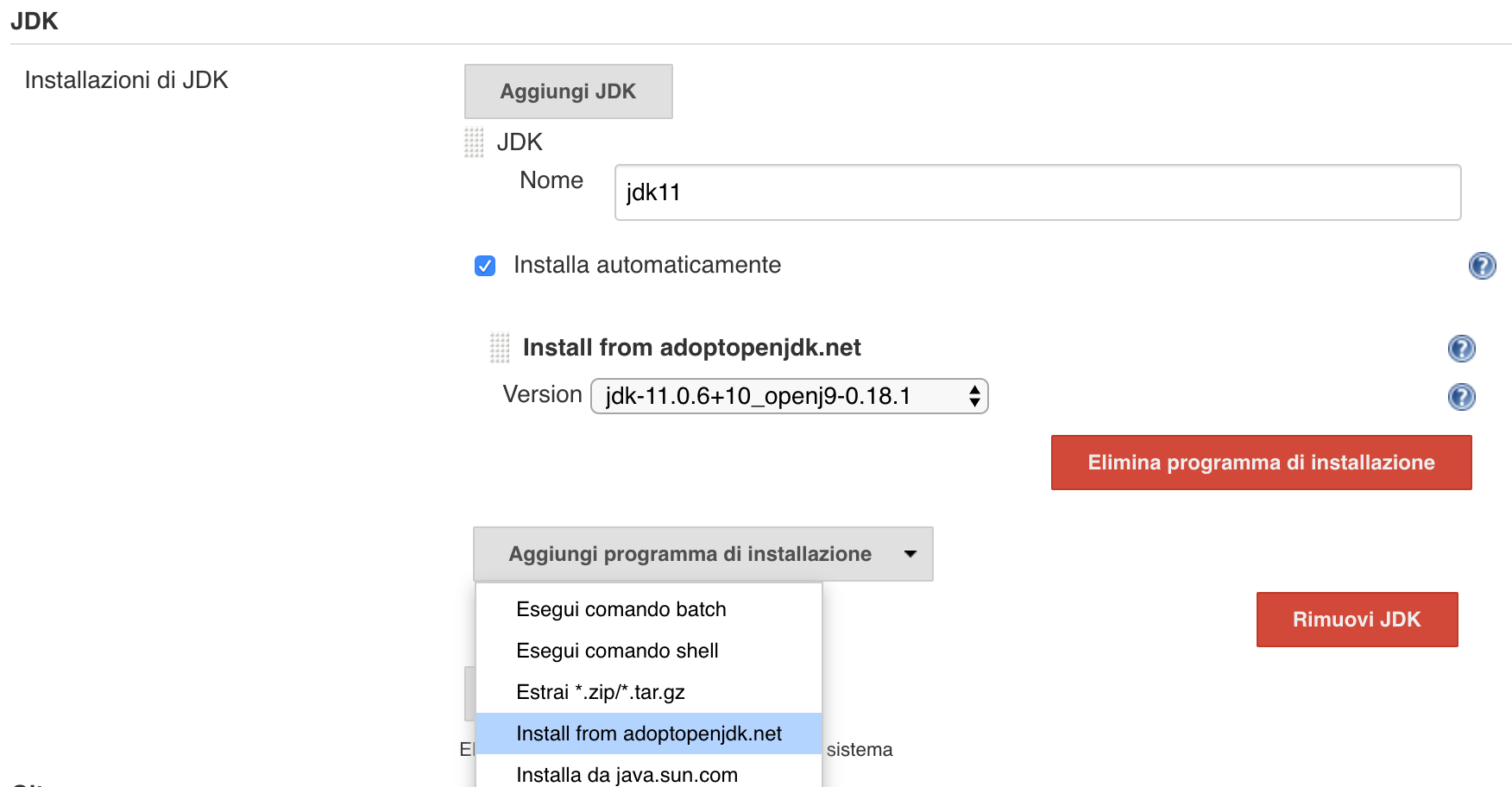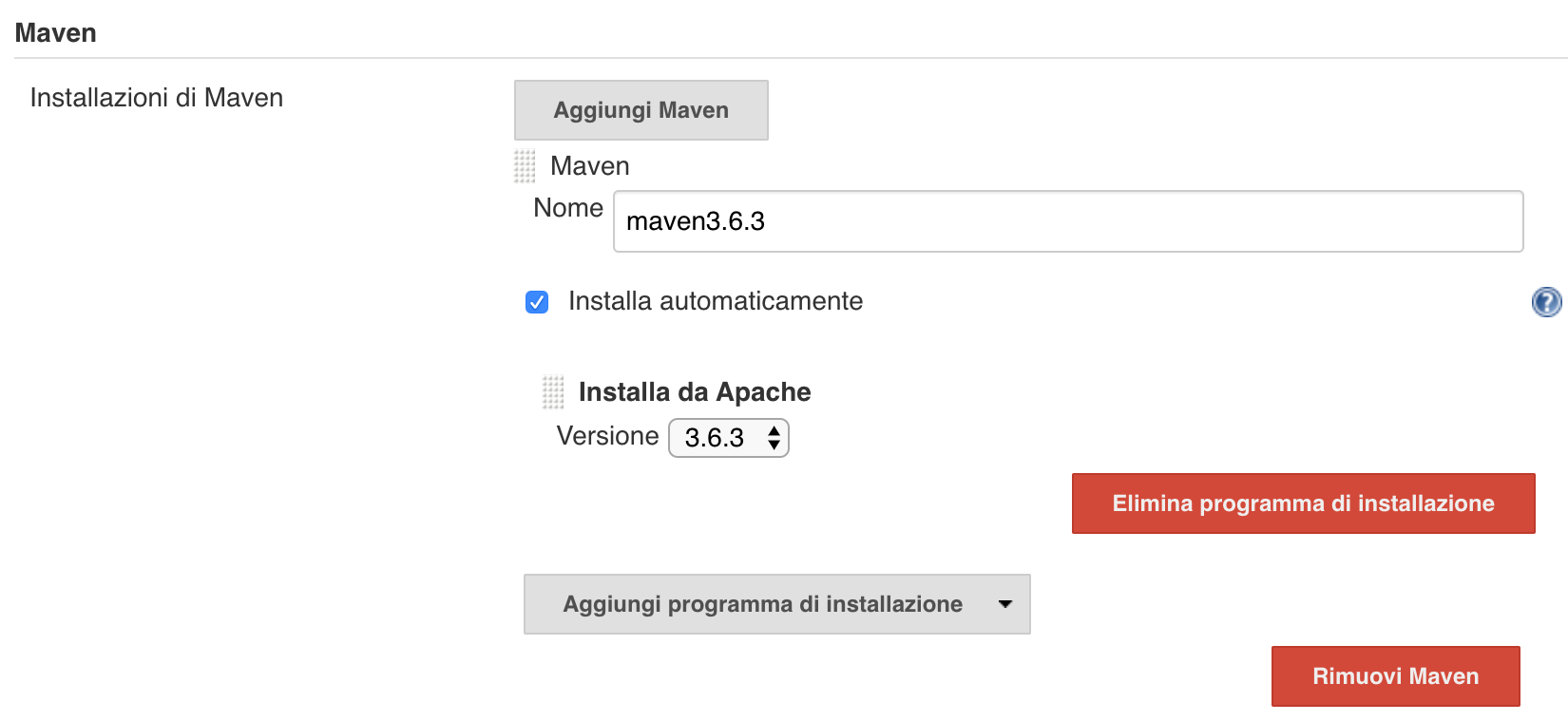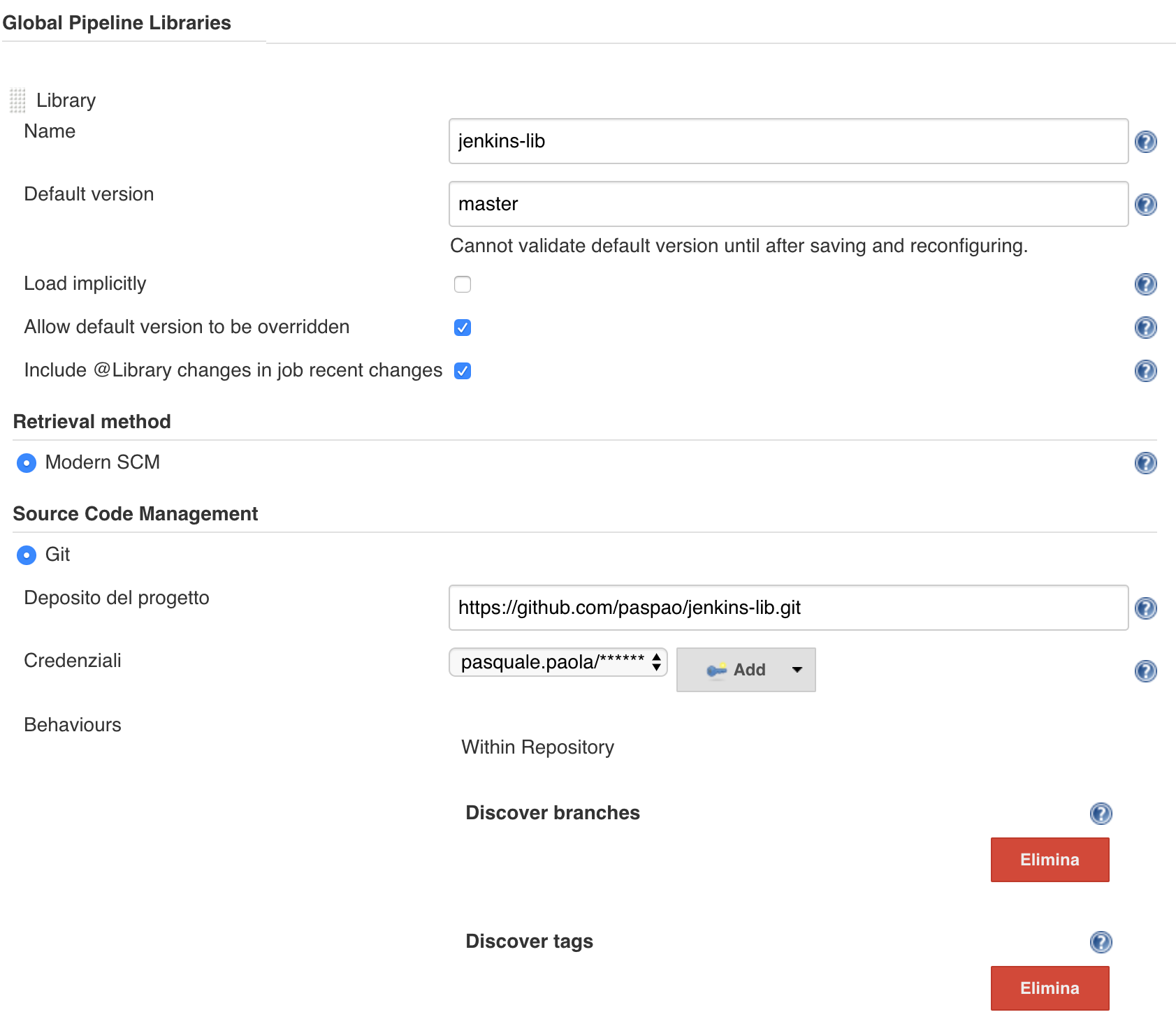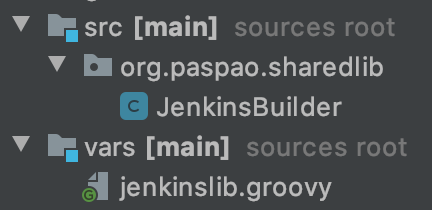Jenkins Shared Library

Every body in the IT world know what is the CI and its famous implementation, that is Jenkins. In the last years the DevOps engineer can organize the continous integration chain as a pipeline introducing a DSL (domain specific language) to manage it throught the Jenkinsfile:
pipeline {
agent any
stages {
stage('Build') {
steps {
echo 'Building..'
}
}
stage('Test') {
steps {
echo 'Testing..'
}
}
stage('Deploy') {
steps {
echo 'Deploying....'
}
}
}
}
The following link https://jenkins.io/doc/book/pipeline/jenkinsfile/ explains what are its syntax and features, but in this post I want introduce you the Jenkins Shared Library with a pratical example.
As shown in the previous script, the Jenkinsfile can become extremly unreadeable, to avoid it you can write a library to wrap your jobs. Let’s start from the following pipeline:
pipeline {
agent any
tools {
jdk 'jdk11'
}
stages {
stage('Checkout') {
steps {
ansiColor('xterm') {
checkout scm
}
}
}
stage('Build') {
steps {
ansiColor('xterm') {
withMaven(maven:'maven3.6.3'){
sh 'mvn clean package'
}
}
}
}
}
}
A simple checkout and build already become unreadble, let’s think what happen if you start adding other stages like quality or deployments steps. To simplify the pipeline you could use a Jenkins Shard library but let’s start from beginning. In order to execute the previous pipeline you need to install on Jenkins:
- JDK11
- Maven
- Pipeline Maven Integration
To install JDK11 I installed also AdoptOpenJDK installer, as shown in the image, now Jenkins is able to download the JDK11 from the section Global instrument (I set the label to ‘jdk11’)

Then I installed Maven 3.6.3 and labelled it with ‘maven3.6.3’

Now you can execute the previous pipeline…but can we write the previous pipeline in a better way like the following snippet?
@Library('jenkins-lib@1.0.0') _
jenkinslib(this, "test")
.withMavenVersion("maven3.6.3")
.withJdkVersion("jdk11")
.execute()
Yes we can through the Jenkins Shared library functionality! The first line indicates the library reference: to reference a library you need to install it through the Jenkins global configuration. Usally the library must be located on the SCM repository, I put my library on this github repo then I configured it on Jenkins giving the name ‘jenkins-lib’, I also enabled the ‘Discover tags’.

Now I can reference my library in a Jenkinsfile like @Library(‘jenkins-lib@1.0.0’) or @Library(‘jenkins-lib@master’) or simply @Library(‘jenkins-lib’) using a specific version through a tag or a branch. After the library notation there is an underscore _, it means that we want to include everything into the currente pipiline (otherwise we have to put a sepcific import, but it isn’t our case).
Let’s see the library structure:

I defined a directory vars required by Jenkins Library structure that contains a groovy script jenkinslib.groovy, in this directory every .groovy file could be referenced by the Jekinsfile. In my example the line jenkinslib(…) it is a reference to jenkinslib.groovy file that contains a special function call(…)
import org.paspao.sharedlib.JenkinsBuilder
JenkinsBuilder call(def scriptReference, String projectName) {
return new JenkinsBuilder(scriptReference,projectName,env['BRANCH_NAME'])
}
return this
In this function I simply create an object JenkinsBuilder with some initialization parameters, but the real news is that I’m moving my pipiline from a functional programming to an Object Oriented Programming giving more readibility to the pipeline code. The magic is realized using the Closure object that (getting the Groovy definition) is an open, anonymous, block of code that can take arguments, return a value and be assigned to a variable.
